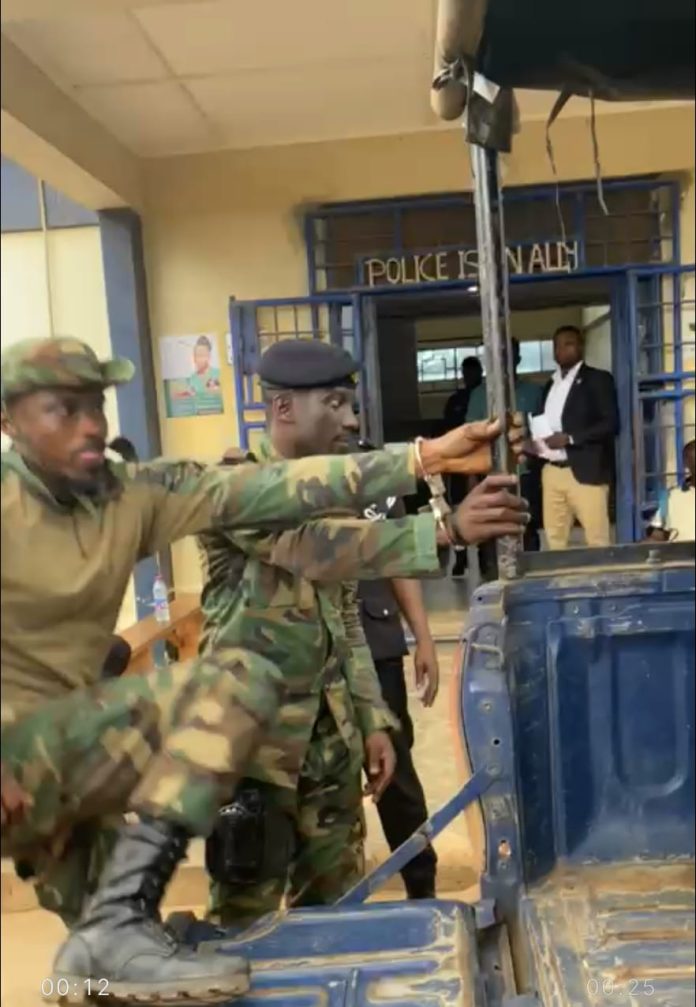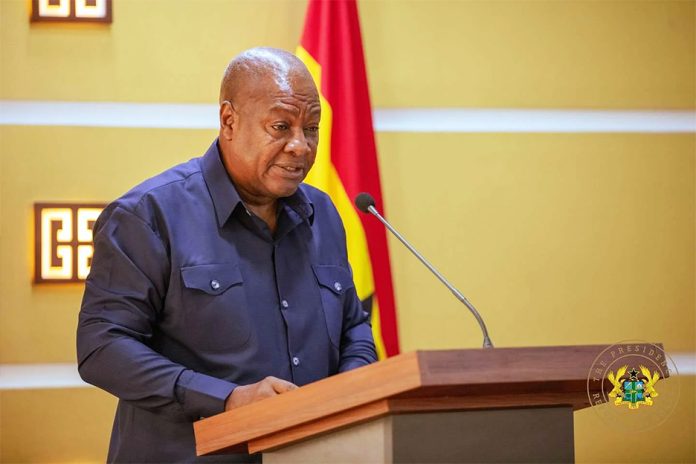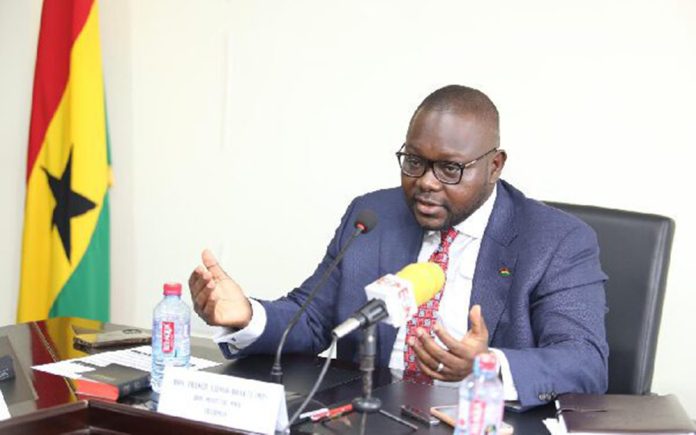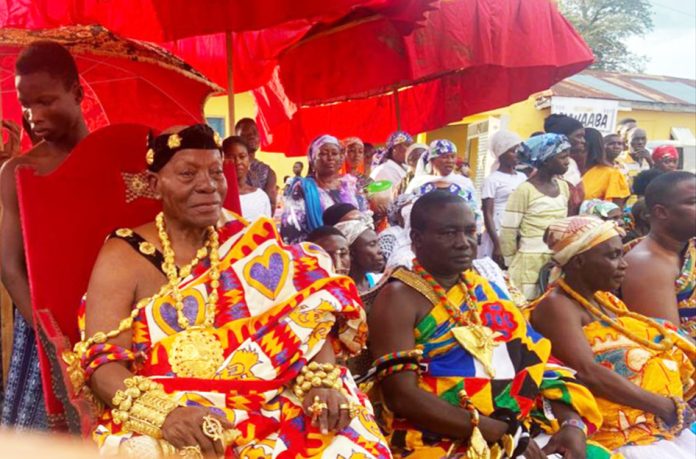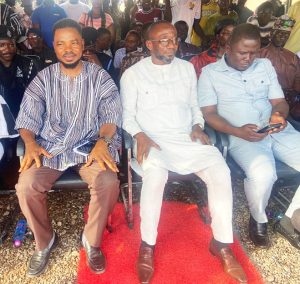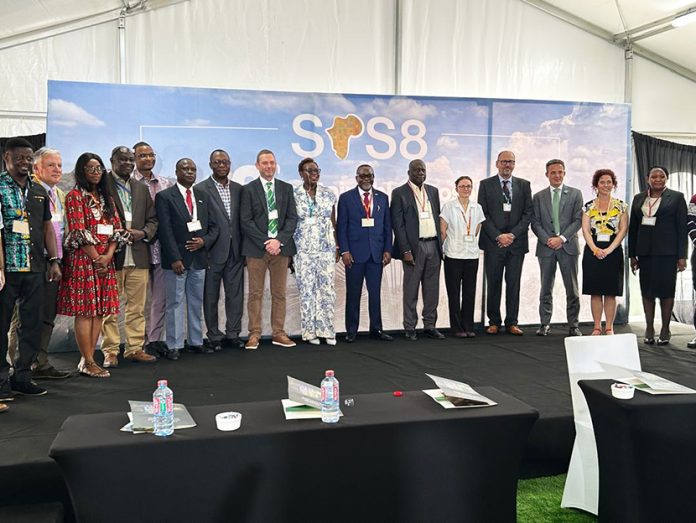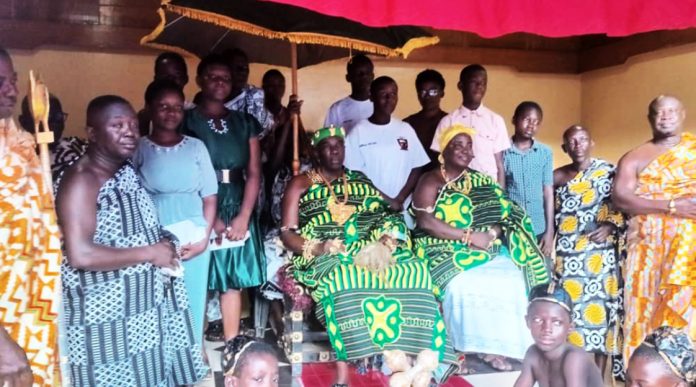Ghana is hosting the 8th Sustainable Phosphorus Summit (SPS8) in Accra, where global and African experts have gathered to discuss sustainable phosphorus management as a key driver of soil fertility, food production and agricultural livelihoods.
The summit, which has previously taken place across continents including Europe, Asia and the Americas, aim to address the critical role phosphorus plays in food security, soil fertility and sustainable agriculture.
Speaking at the opening session in Accra, Professor Phil Haygarth, a leading soil and water science expert from the United Kingdom described the event’s arrival in Africa as “critical and long overdue.
“Phosphorus drives our food security; it feeds us and makes the world go round. Parts of sub-Saharan Africa are deeply deficient in phosphorus and this summit is about raising awareness, mobilising phosphorus resources and improving livelihoods by ensuring crops and farmers can benefit from efficient phosphorus use,” Prof. Haygarth said.
He stressed that the summit’s goal is to bring together communities to develop a coordinated strategy that can optimise phosphorus use, improve soil health and boost food production across Africa.
Echoing this sentiment, Dr. Kwame Agyei, an expert from the Africa Plant Nutrition Institute in Morocco and former lecturer at the University of Cape Coast, highlighted the need for collaboration.
“Over the years, those of us working in the phosphorus ecosystem in Africa have been operating in silos.SPS8 offers us the opportunity to come together on a common platform to advance sustainable phosphorus use and drive food security.
“We need a strategy that is inclusive, one that considers finance, policy, and market development issues,” Dr. Agyei noted.
Dr. Agyei further cautioned about the risks posed by potentially toxic metals in Ghanaian soils, including cadmium, arsenic and mercury, often worsened by illegal mining activities.
These contaminants, he explained, not only threaten crop production, but also compromise water quality and human health.
“Illegal gold mining is a major driver of soil and water contamination. If we continue this way, we risk toxifying our environment. We must strengthen farmers’ capacity to use phosphorus and other soil inputs judiciously, while also addressing broader environmental challenges,” he urged.
Delivering the keynote address, Dr. André Bationo, CEO of the International Fertilizer Development Center (IFDC), painted a sobering picture of Africa’s food and soil crisis.
With more than four decades of research in soil fertility, he underscored that land degradation and nutrient depletion are crippling Africa’s agricultural potential.
“Today Africa spends $50 billion annually to import food, yet our production has grown by only 2.5% in the past 40 years compared to 3.5% in Southeast Asia,” Dr. Bationo said.
“If business continues as usual, by 2050 Africa will produce only 30% of the food it consumes. We cannot afford this.”
He warned that Africa uses an average of just 5 kilograms of fertilizer per hectare, far below the global average of 135 kilograms, leaving vast gaps between actual yields and potential yields.
For instance, cassava yields in West Africa average 8 tons per hectare, but with proper phosphorus management and agronomic practices, yields could reach 47 tons per hectare.
Another barrier highlighted at the summit is the high cost of fertilizer in Africa, driven by poor infrastructure and transport systems.
While a ton of fertilizer costs about $200 on the international market, farmers in Ghana may pay up to $400, and in Liberia or Sierra Leone, the price can reach as high as $900.
“Lack of infrastructure is killing Africa. Without good roads, ports, and distribution networks, inputs will remain expensive, keeping farmers trapped in cycles of poverty and soil mining,” Dr. Bationo lamented.
The summit seeks to develop a roadmap for phosphorus management in Africa, with clear short-, medium-, and long-term targets.
This roadmap will integrate scientific research, policy frameworks, financing mechanisms, and farmer education.
Experts believe that with the right investment, Africa can reverse soil degradation, triple food yields, and reduce dependence on food imports.
Participants also stressed the importance of phosphate rock as a strategic resource for Africa’s agricultural future, revisiting past initiatives supported by the World Bank.
However, they agreed that new approaches must also focus on sustainability, affordability, and environmental protection.
“Africa is often described as a continent of problems, but we also hold solutions. By managing our soils and phosphorus resources wisely, we can secure food for our people, create jobs, and build pride in our agricultural sector. The soil is our bank we cannot continue withdrawing without depositing back.”

